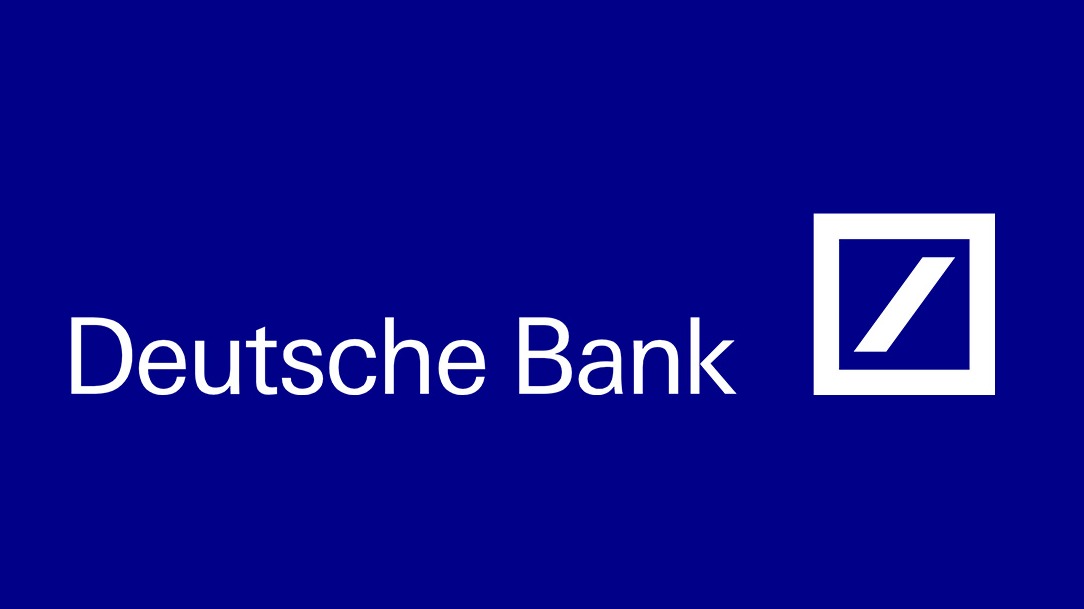NatWest has published a new report calling for banks, FinTechs and regulators to work together to address economic barriers to the wider adoption of Open Banking.
Since its launch in 2018, Open Banking has been used by more than seven million businesses and consumers.
However, this only represents around 10 per cent of consumers and SMEs, with traditional payment options like cards or direct debits still dominating the market.
The report found several obstacles to the roll out of Open Banking, including a lack of commercial incentives to develop or enhance new use cases and poor alignment between banks on the benefits of Open Banking.
NatWest said that banks should be mandated to offer a wider set of Open Banking use cases and encouraged to expand use cases through premium APIs.
The bank also called for the development of a new multi-party system whereby the Open Banking ecosystem can be grown through the design of flexible frameworks for industry collaboration.
“This report makes it clear that banks, FinTechs and regulators need to work together to design new, flexible frameworks and commercial incentives that will support a far wider range of Open Banking use cases,” said Claire Melling, head of bank of APIs, NatWest Group. “By acting on the recommendations in this report, we can enable Open Banking to reach its full potential and, ultimately, deliver new and enhanced propositions that will improve customer choice and experience.”
Latest News
-
Gemini to cut quarter of workforce and exit UK, EU and Australia as crypto slump forces retrenchment
-
Bank ABC’s mobile-only ila bank migrates to core banking platform
-
Visa launches platform to accelerate small business growth in US
-
NatWest to expand Accelerator programme to 50,000 members in 2026
-
BBVA joins European stablecoin coalition
-
eToro partners with Amundi to launch equity portfolio with exposure to ‘megatrends’
Creating value together: Strategic partnerships in the age of GCCs
As Global Capability Centres reshape the financial services landscape, one question stands out: how do leading banks balance in-house innovation with strategic partnerships to drive real transformation?
Data trust in the AI era: Building customer confidence through responsible banking
In the second episode of FStech’s three-part video podcast series sponsored by HCLTech, Sudip Lahiri, Executive Vice President & Head of Financial Services for Europe & UKI at HCLTech examines the critical relationship between data trust, transparency, and responsible AI implementation in financial services.
Banking's GenAI evolution: Beyond the hype, building the future
In the first episode of a three-part video podcast series sponsored by HCLTech, Sudip Lahiri, Executive Vice President & Head of Financial Services for Europe & UKI at HCLTech explores how financial institutions can navigate the transformative potential of Generative AI while building lasting foundations for innovation.
Beyond compliance: Building unshakeable operational resilience in financial services
In today's rapidly evolving financial landscape, operational resilience has become a critical focus for institutions worldwide. As regulatory requirements grow more complex and cyber threats, particularly ransomware, become increasingly sophisticated, financial services providers must adapt and strengthen their defences. The intersection of compliance, technology, and security presents both challenges and opportunities.
© 2019 Perspective Publishing Privacy & Cookies













Recent Stories